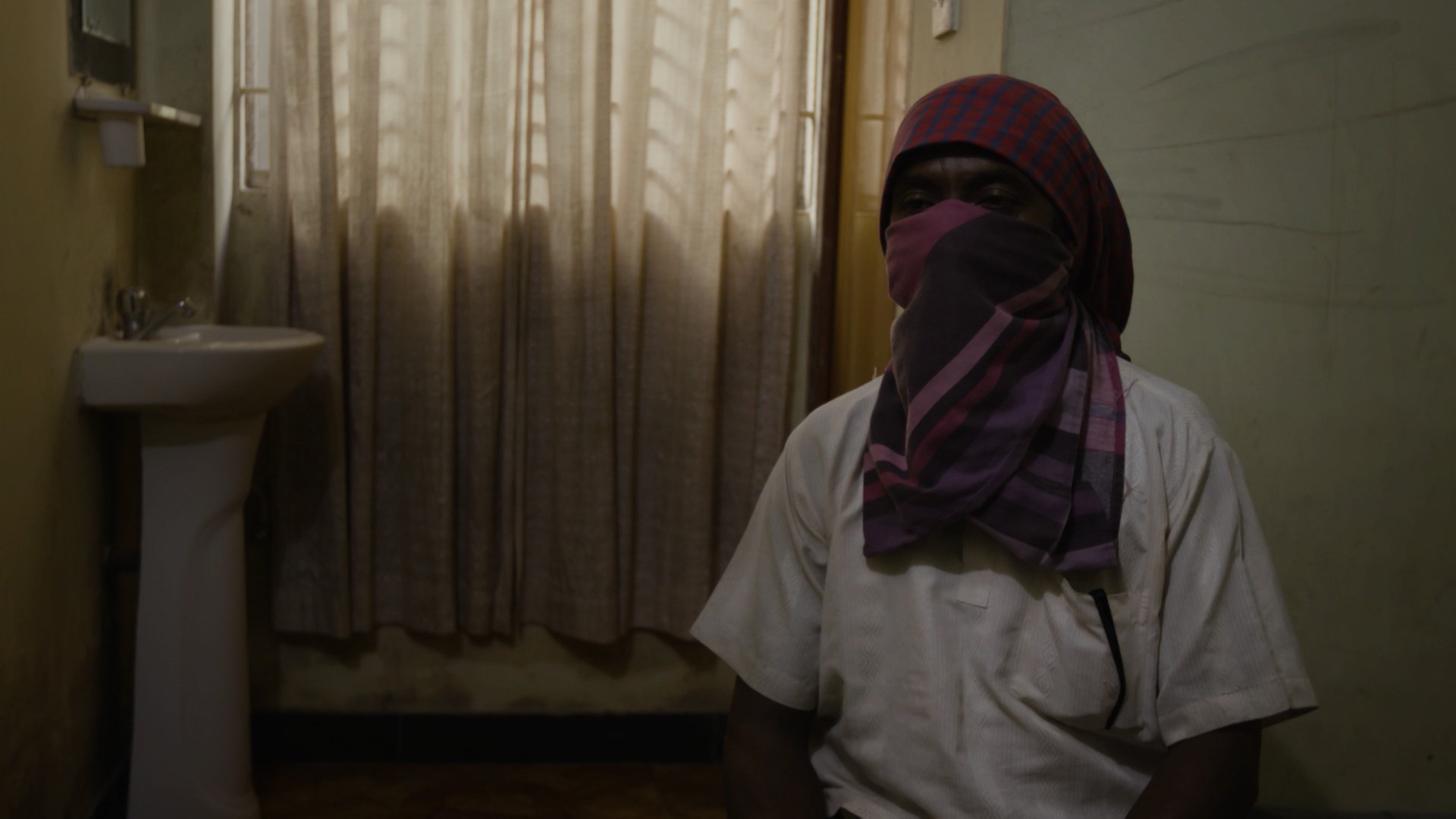Getty Images
Two journalists were charged Monday in Myanmar for reporting on the Rohingya genocide, an act slammed by the local U.S. embassy as a “setback for press freedom and the rule of law.”After six months of preliminary hearings, the case against Reuters journalists Wa Lone and Kyaw Soe Oo moved to the trial stage Monday when they were charged under the Official Secrets Act in relation to obtaining secret state documents during their reporting.Both defendants pleaded not guilty to the charges, which carry a maximum sentence of 14 years in prison, claiming they had simply followed “journalistic ethics.” Speaking to reporters after the court appearance, Wa Lone remained defiant:“Although we are charged, we are not guilty,” he said as officials bundled him into a police van. “We will not retreat, give up, or be shaken by this.”The pair have been detained since they were arrested on December 12, 2017.They were arrested while investigating the execution of 10 Rohingya men and boys by Myanmar Army soldiers in Inn Din village in northern Rakhine State. The pair were arrested shortly after meeting an undercover police officer in a restaurant in Yangon, and being handed secret documents, in what was a poorly concealed entrapment plot.Reuters subsequently published an in-depth report on the massacre and in April; seven Myanmar soldiers were sentenced to 10 years in prison for their role in the killings. Cover image: Myanmar police officers escort Reuters journalists Wa Lone and Kyaw Soe Oo at the northern district court in Yangon on January 23, 2018. (AUNG KYAW HTET/AFP/Getty Images)
Cover image: Myanmar police officers escort Reuters journalists Wa Lone and Kyaw Soe Oo at the northern district court in Yangon on January 23, 2018. (AUNG KYAW HTET/AFP/Getty Images)
Advertisement
The decision by the Yangon court sparked widespread outcry.Posting on Facebook, the U.S. Embassy in Yangon said it was “deeply disappointed” by the court’s decision.“The Myanmar authorities should allow the journalists to return to their jobs and families,” the post said. “Today’s decision is a setback for press freedom and the rule of law in Myanmar.”Human rights charities, who have been seeking to highlight the plight of the two journalists, have also blasted the decision as having major implications on press freedom in the country.
Advertisement
“This is a black day for press freedom in Myanmar,” Tirana Hassan, Amnesty International’s director of crisis response, said in a statement. “The court’s decision to proceed with this farcical, politically motivated case has deeply troubling and far-reaching implications for independent journalism in the country.”Western critics have pointed to the case as an example of how far Myanmar has to progress under the administration of Nobel laureate Aung San Suu Kyi, noting the military still holds too much power.READ: Rohingya militants massacred Hindu villagers, sparing only those who converted to Islam“The authorities have turned to tactics long-favored by past military juntas — locking up and prosecuting those exposing the truth,” said Brad Adams, Asia director at Human Rights Watch.“Today’s decision renders the judiciary complicit in a farcical miscarriage of justice,” Matthew Bugher, Head of Asia Programme for Article 19, a U.K.-based human rights organization that focuses on freedom of expression, said in an emailed statement.“Wa Lone and Kyaw Soe Oo took great personal risks to cast light on events largely hidden from the public’s view. Instead of dragging them through preposterous legal proceedings, the government should commend the journalists for their indispensable role in promoting accountability.”Free Expression Myanmar, a local rights group championing free speech in the country, said the prosecution is having a profound impact on how journalists work.“Almost every journalist in Myanmar self-censors on anything relating to Rakhine [the province in which the persecuted Rohingya lived] because of this Reuters case,” the group said. “Prosecuting – and persecuting – two investigative journalists Wa Lone and Kyaw Soe Oo for doing their job is a national shame intended only to stop any information coming out about what is really happening inside Myanmar’s many conflict areas.”

